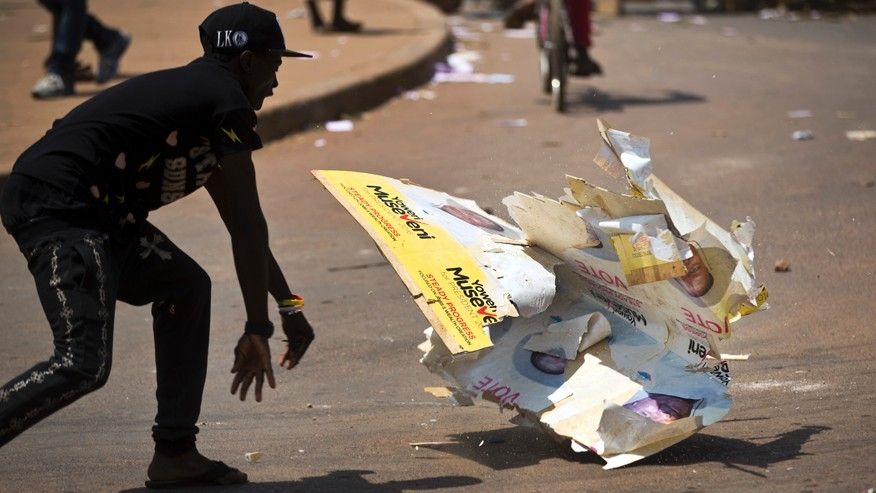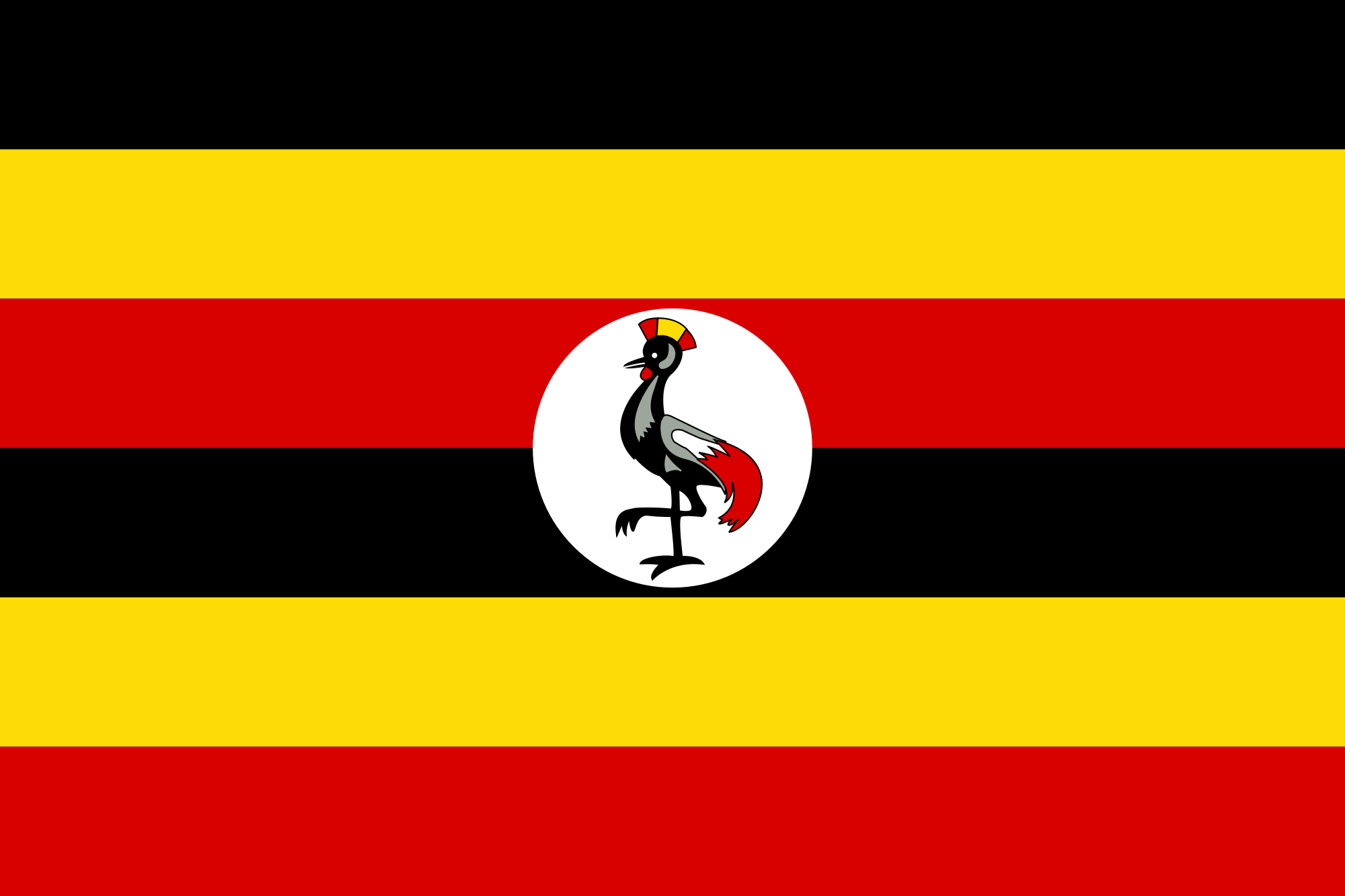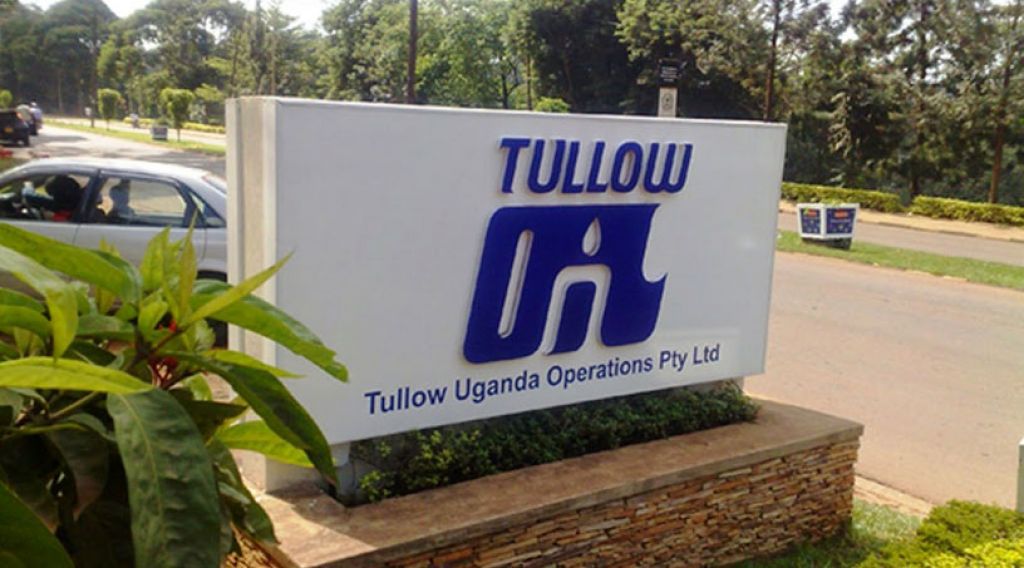The ratcheting up of rhetoric ahead of the 2011 election is raising concerns about poll violence- including within the donor community. Coming just months after the September violence in which dozens died- just how smoothly the next election will transpire is bound to be the focus of political actors in the New Year. “It’s important to cool down. The election is still 14 months away” said Ambassador Vincent De Vischer- the head of the European Delegation in Uganda yesterday. De Vischer was responding to comments attributed to Makindye West MP Hussein Kyanjo that Buganda could resort to violence if its attempts to obtain self-automony are thwarted by the Central government. The comments were lifted from an address by Kyanjo who is also handles the security and human rights docket in the Shadow Cabinet while addressing the Buganda Conference last Thursday. They were re-published in the publicly traded but state controlled New Vision yesterday. “ Am going to seek a meeting with my fellow Ambassadors to see how we can appeal for calm” De Vischer said saying the verbal language had to be controlled. Yesterday NRM Chief Whip Daudi Migereko said Mr. Kyanjo’s comments were being studied and that a response would be coming from the ruling National Resistance Movement. Migereko also dismissed growing concern within the opposition that the NRM was creating a violent militia to deploy in the election. This militia , trained under officially sanctioned military and patriotism courses, according to the opposition are a thinly veiled political army whose aim they say is to intimidate and beat up supporters of other political parties. In several interviews including with donor sources Sunday Monitor has confirmed that there are serious concerns about the militarization of Ugandan society ahead of the next elections. In particular are the military training course tailored for village level officials allied to the NRM and issuing of military fatigues and guns to them. Some opposition officials NRM cadres have taken to turning up in military uniform at occasions where they want to display force. “ We have vowed to lose if there is any violence” said Migereko who added that the training courses are meant to equip NRM supporters to “guide” other citizens on issues like civic consciousness and the election. “ Our objective is to address unemployment and household incomes. Issues of self defense are a by-the-way” Migereko said when asked how gun-handling was enabling thousands of young graduates of the program with their social and economic welfare. On December 12 President Yoweri Museveni was chief guest at the passing out of 2400 “election watchers” at Kololo Airstrip. The graduates were pictured re-assembling AK 47 rifles and doing an army style march past. The President has been criticised by the opposition for concealing political indoctrination programmes and recruitment of party supporters in a countrywide tour to promote patriotism amongst others within schools.
Wafula Oguttu, the publicist for FDC in an earlier interview said his party had decided not to respond in kind to the military training programs. “Some of our members are calling us weak but we have deliberately decided that our strategy will not be militant” he said. According to Wafula the FDC is under pressure to also train its own supporters as a countermeasure. “We prefer dialogue but we are compiling a list of people who will be personally held responsible for planning or instigating violence” he said. Earlier on Wednesday former UN Under-Secretary General Olara Otunnu who has presidential ambitions warned that local perpetrators of violence would be prosecuted abroad. Evoking the trail of Liberia’s Charles Taylor at the Hague he said’ “We are going to allow neither the army commanders and the intelligence nor Museveni himself to intimidate or victimise any member of the opposition for refusing to support NRM” Opposition parties, who signed a protocol to work together last week, are however in talks with the NRM on poll electoral standards. The dialogues, with the support of donors, is intended to build confidence and open channels to deal collegially with issues such as the role of security services during elections.










